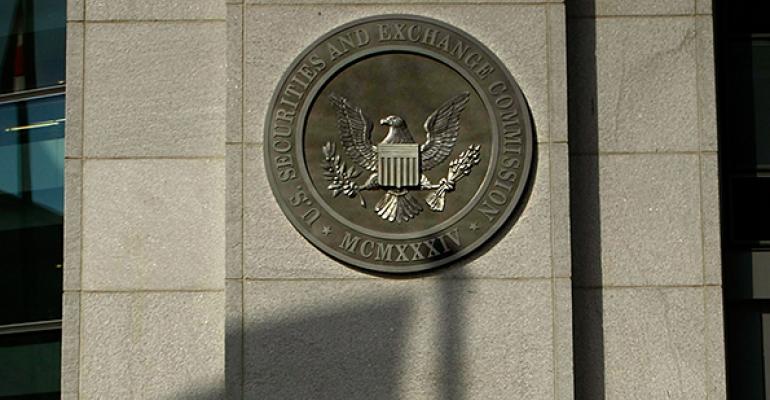The typical narrative is that as time passes, digital regulation becomes more stringent. Accountability becomes a greater requirement as technology continues to advance and occupy a more meaningful proportion of our professional lives. There’s nothing new here, and yet recent regulatory activity has been even more intense than expected across the leading organizations.
The Securities Exchange Commission and Financial Regulation Authority are continuing to demonstrate characteristic aggression while expanding the demands placed on firms under their jurisdiction.
FINRA
FINRA’s 2024 Regulatory Oversight Report provided new steps for firms to implement in their quest for compliance. Companies are now asked what they are doing to capture business correspondence through off-channel avenues, and whether they are actively monitoring for new communications platforms that may be available to advisers.
FINRA directly recommends that firms surveil if approved channels are underutilized, signifying that alternatives are being used. They’re also asked to look out for ‘indicia of communications occurring off-channel', i.e. references to other conversations on unsanctioned domains.
These updates are significant because of what they represent. Trusting employees to follow protocol is no longer enough—the surveillance element is now more pronounced, and compliance teams are expected to do the detective work to understand the regulatory landscape and make sure employee conduct is appropriate. This places a greater burden of responsibility across every organization and makes it very difficult for leaders to look the other way and then plead ignorance.
SEC
Applying Standards Across the Industry
We’re all aware of the industry’s ongoing probe into “off channel” communications, i.e. the WhatsApp fines, which have dominated headlines for the last couple of years. On April 3, 2024, the SEC announced its first enforcement action against a registered investment adviser with no ties to a broker-dealer.
This action is a statement of intent—it exemplifies Enforcement Director Gurbir Grewal’s desire to apply fundamental standards across the industry, and not just to the eye-catching JPMorgans of this world. This is not a box-ticking exercise, but a shift to the ‘culture of proactive compliance’ that he strives for.
Self-Reporting
Following criticism of arbitrary enforcement, the SEC has denied that it is ‘picking numbers at random’ when determining fines for off-channel communications. Rather than the size of a firm or the scope of its misconduct, the most impactful factor is, in fact, whether a company has self-reported its violations.
By providing an opportunity for companies to self-report past lapses and establish the correct compliance procedures proactively in exchange for leniency, the SEC is clearly trying to expedite the process of cultural upheaval.
Marketing Rule
When it landed in late 2022, the marketing rule signaled a regulatory evolution. Consumer protection was top of the agenda, but it has taken some time for the regulator to bare its teeth on enforcement. We are now seeing some progress, with companies being held accountable for passing outlandish speculation as legitimate advice.
In April, the SEC imposed $200,000 in fines for marketing rule violations. Five RIAs were charged, and all accepted that they misled consumers by advertising model performance they could not substantiate. GeaSphere LLC was hit with the heaviest penalty of $100,000.
Another Risk Alert was issued around this time, with the regulator addressing common marketing rule pitfalls.
“The findings point to numerous instances of noncompliance, ranging from unsubstantiated claims to misleading advertising tactics, raising concerns about the transparency and accuracy of information available to investors.”
How Can Firms Keep Up?
As we can see from the SEC and FINRA, regulatory compliance has been particularly busy in the first half of 2024. It’s easy to wonder when it all ends—if regulations are in a constant state of flux, is there really any point in shooting at a perennially moving target?
The answer is a resounding, “Yes.” Regulatory enforcement is on the rise across compliance, so there could be real and expensive consequences for those who don’t comply. Crucially, transparency is also on the rise. Regulators across global finance are being extremely candid and detailed about their expectations, and while those demands may be new and frustrating for many, at least firms know exactly where they stand.
There’s no ambiguity here. It would be foolish to ignore such precise instructions, and if that is what transpires, companies will only have themselves to blame.
Harriet Christie is chief operating officer at MirrorWeb





